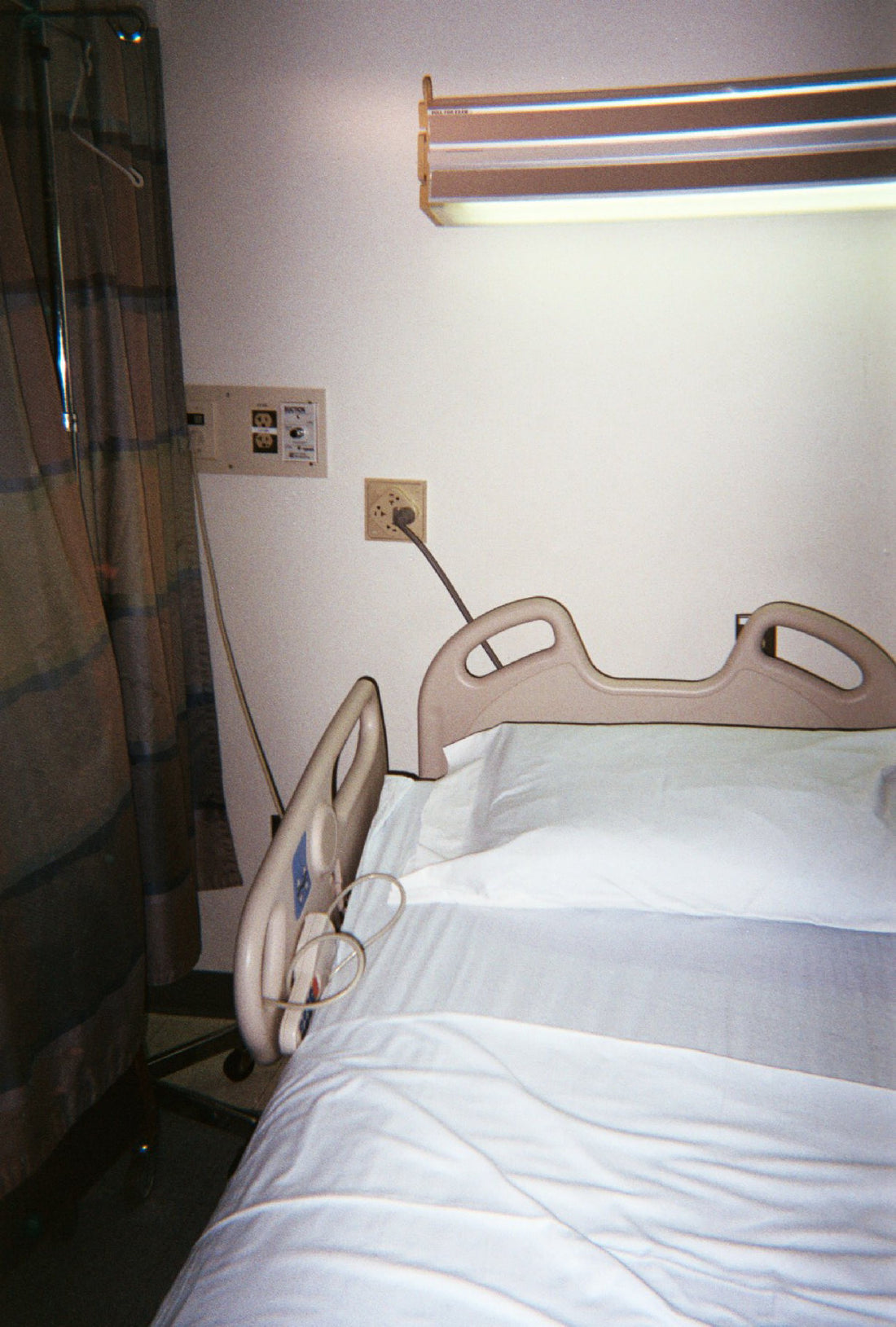"Oops, Congress changed that. Hospice isn't covered at 100% any more. Your husband's nurse will collect your 20% hospice co-payment, each visit, Mrs. Jones. And the Social Worker will bring your final bill on the first bereavement visit."
A little harsh, I know. And a bit unthinkable. But in essence, that's the plan promoted at a House Ways and Means Health Subcommittee hearing Oct 16, 2016.
Oh, and it would apply to home health as well.
Committee Chairman Rep. Pat Tiberi (R-OH) wants to dump Medicare's traditional A&B coverage in favor of combining them into a competitive Medicare Advantage market with uniform deductibles and 20% copayments across the board. The Chairman said in the hearing, ironically called "Preserving and Strengthening Medicare":
"While we are encouraged by the growth in seniors choosing innovative value-based care through Medicare Advantage, we remain concerned about the viability of the overall Medicare program. Congress must come together to find common sense policies that will ensure the solvency of the program, like combining the deductibles under Part A and Part B of Medicare and empowering seniors and providers with choice."
I agree with the National Association for Home Care & Hospice (NAHC) statement that this is a bad idea.
Covering home health and hospice at 100% saves millions annually for the Medicare and Medicaid programs by preventing expensive institutional emergency department care, hospitalizations with their complications, and painful and futile, though intended-as-curative, care at the end of life.
And yet, the Chair called for:
- Limiting Medigap insurance that covers copayments;
- Combining ALL parts A&B Medicare coverage (including hospice & Home health) into a competitive Medicare Advantage program, with:
- One deductible for ALL services
- Standardized 20% co-payments
I believe it could save Medicare even more with minor adjustments. For example, providing home health with its own Medical Directors to oversee home health plans of care, keeping external primary-care providers in the loop. That would end the continued attempts at a remedy for the harm from face-to-face-encounter rulings. And, lifting the homebound requirement for home health, allowing beneficiaries to receive reasonable and safe care at home when providing such care at home is feasible and safe, without exposing them to injury, dietary, and exposure mishaps inherent at all -- even the most conscientious -- health-care facilities.
The March 17, 2016 NAHC Report says of the hearing:
"The use of uniform cost sharing may have surface appeal, but it can act as a barrier to care that is less costly and clinically better than care in other settings. Over the years, Congress intentionally excluded home health services from cost sharing and allowed only very limited hospice cost sharing because it wanted to encourage the use of these services as better alternatives than costly institutional care or curative care at the end-of-life."
Providing high-value services, such as hospice and home health, at low or no cost, NAHC reported as Rep. Diane Black's (R-TN) statement, incentivizes using such services, encourage high quality care, and will “save dollars down the line.”
Congress should continue to prevent more beneficiary cost-sharing home health and hospice as incentive for Medicare beneficiaries to receive services at home when appropriate, rather than using more costly institutionalized care, according to NAHC's Legislative Blueprint for Action.
The 3.16.2016 NAHC Report also said:
"Cost sharing standards should incentivize high value services such as home health and hospice. Medicare beneficiaries should be able to purchase supplemental insurance to cover co-pays and deductibles without any limitation."
If hospice and home health stand up for beneficiary rights now, before more costly legislative damage, the industry can preserve Medicare, and yes, improve it, for our grandchildren, and beyond.
Contact your senators and representatives to stand up for hospice and home health reforms that make health-care better, not more expensive.

